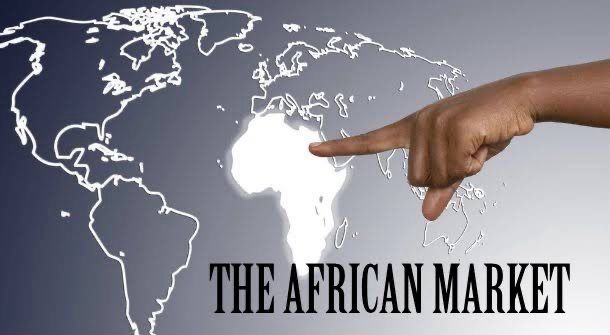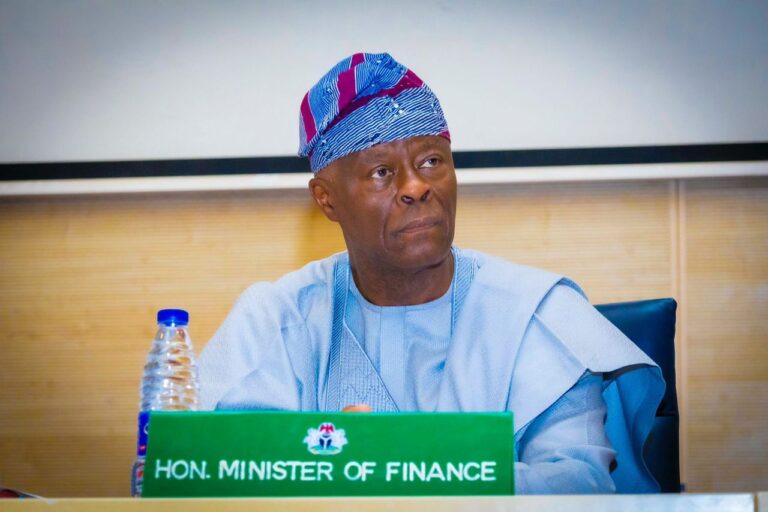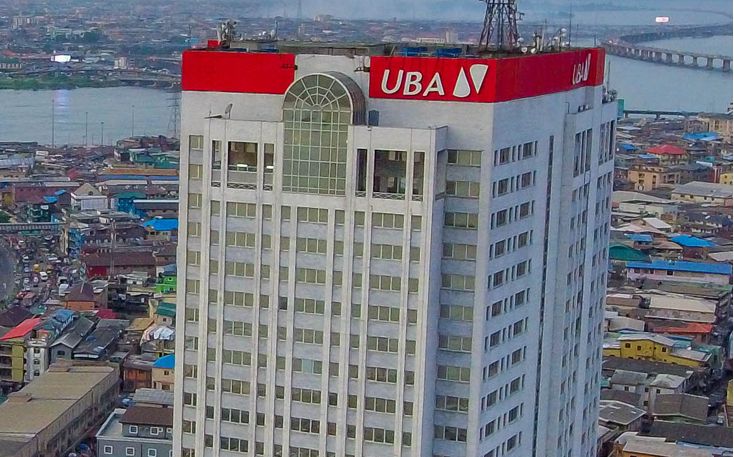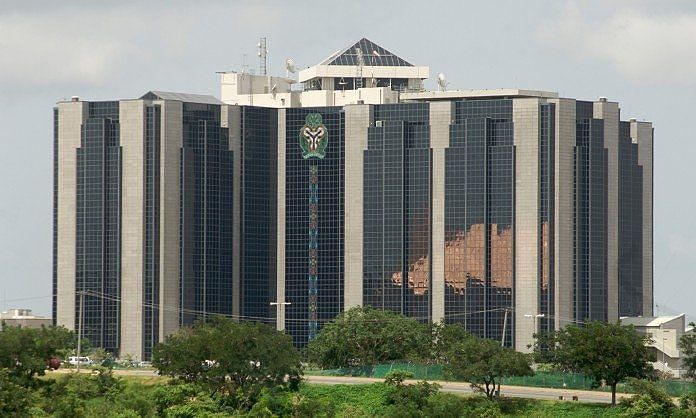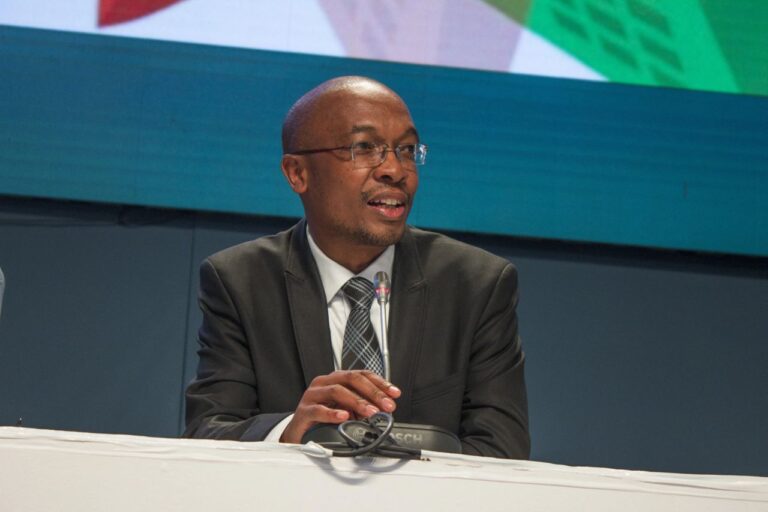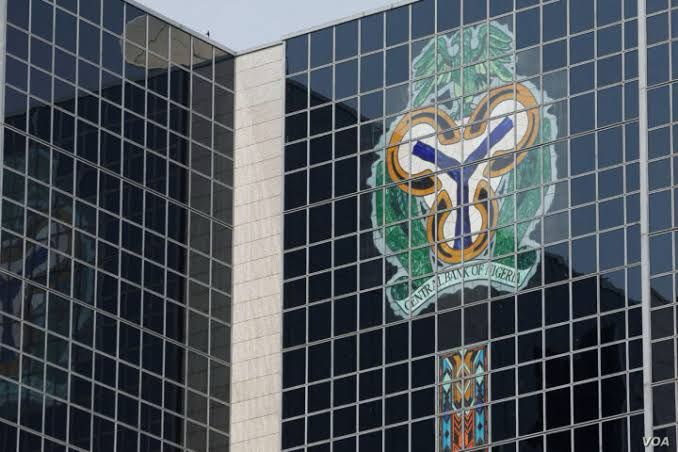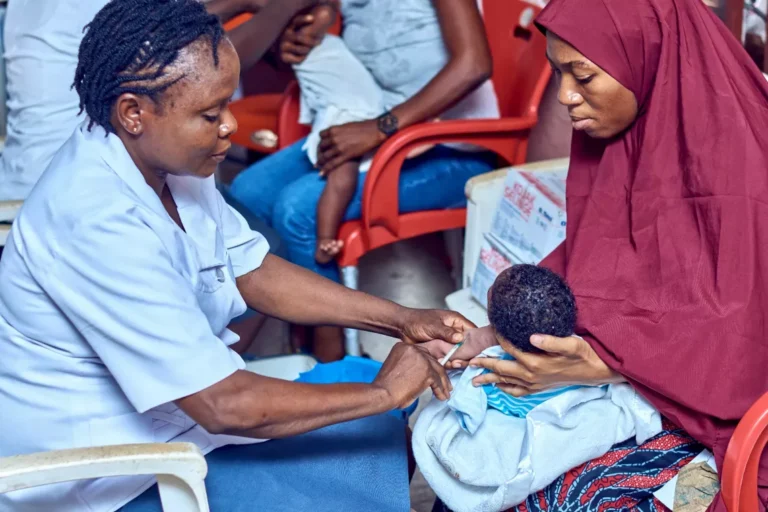Only MTN made the top 20 on the overall top 100 list of most admired brands in Africa; signaling significant foothold of external brands in the continent’s market, while Africans pretends to put ‘Africa first’. They still choose foreign brands over locally produced products.
Brand Africa released a report on the top admired and consumed brands in Africa 2025,only 11 African brands made the top hundred list, with MTN leading the way and followed by Dangote and Azam group. South Africa brands made the most features of any Africa countries on the list. The US with 27 brand mentions, UK 8, and China 12 are the most consumed and influential brands in Africa; with Nike a U.S owned fashion brand sitting pretty at the number 1 on the overall list.
The brands consumed and admired by the people closely reflects where their ‘loyalty’ lies; because the more Africa consumes external brands the more it exports jobs and profits to other regions. Africa with over 1.2 billion people relies heavily on foreign production for their daily supplies and consumptions–From clothes and electronics to food and personal care products.
Overall top 3 are: Nike, Adidas and Samsung. While the top 3 African brands on the list are: the South African own telecom giant MTN, followed by Dangote the Nigeria industrial group and Azam group Tanzania owned company.
Top categories on the list: Technology (18%), Luxury (12%), Consumer Non-Cyclical (11%), Auto-Manufacturers (9%).
However, on auto manufacturing, Africa largely admires and purchases foreign vehicles — despite numerous local manufacturers designing and producing vehicles for African roads; the large majority still depends on foreign automobile as Toyota is number 7, Mercedes-Benz #13, Tesla #17, and BMW #21 on the top 100 most admired brands in Africa; No African auto manufacturers made the list.

The 2025 rankings reveal a stark disconnect between rising African optimism and declining brand loyalty. While 68% of Africans express belief in Africa, up from 64% in 2024, only 11% of the Top 100 most admired brands are African – a historic low, down from 14% in 2024. This drop underscores the urgent challenge for homegrown brands to convert belief into consumer commitment, and Africans to support Made in Africa brands.
Thebe Ikalafeng, Founder and Chairman of Brand Africa; expressed deep disappointment over the complete domination of non-African brands in the continent, he calls on Africa to “wake-up” and take lead.
“It is disappointing to see the sharp drop in African brands, which mirrors the ranking of non- African nations as the most influential in Africa” he said.
The list:

Doing Good for Society, People and Environment.

The United Nation is admired as the most sustainable organization in Africa, the people believe the brand over the years has been outstanding in delivering top value to Africa through fostering international cooperation, promoting development, and supporting peacekeeping efforts– however, the nongovernmental organization is currently facing significant budgetary constraints.
MTN and Dangote are perceived as top African brands giving back to the community with their various community-centered initiatives. Aliko Dangote Foundation (ADF) is spearheading efforts to addressing food insecurity, malnutrition, and economic empowerment in Africa and the MTN Foundation’s What Can We Do Together (WCWDT) initiative, which encourages community nominations for various projects, and the MTNF CARES project, which provides integrated care for vulnerable children.
African Brands needs to Win Back Customers from Foreign Economies.
Thebe Ikalafeng, the founder of Brand Africa. Ikalafeng is a well-known branding expert from South Africa. He has been using the Annual Brand Africa 100 ranking to show how foreign brands are leading in popularity across African countries. he has also been a champion voice for African-made products.
According to him, these international brands have been in Africa for decades, investing heavily in advertising, distribution, and customer engagement. This long-term strategy has helped them build strong loyalty among African consumers.

However, the bone of contention for African brands is the lack of ‘enormous’ resources; Unlike big international companies with huge budgets, many local businesses struggle to finance production, packaging, delivery, and marketing. Even when the products are ‘top notch’, they are not widely known because the brands cannot afford the type of massive campaigns being run regularly by their foreign counterparts. Making it hard for consumers to trust and patronize them.
Another big challenge is ‘superiority complex’ the influence of Western culture. Because of global media, many Africans have become more exposed to foreign music, movies, and lifestyles. This has affected how people see products. In most cases, foreign brands are seen as symbols of success and quality, while local brands are wrongly assumed to be inferior. This attitude has continued even when African products meet international standards.
Experts says to turn things around African brands must focus on building strong and clear identities, brands must learn to tell story that reflects African cultures, values, pride and traditions– these stories should give each consumer a sense of belonging. For instance Dangote group which produces cement, sugar, salt and currently on a move to drastically reduce Fuel importation in Africa by building one of the world largest crude oil refineries in Lagos, Nigeria; has successfully used its Nigerian roots to build strong trust among customers. Similarly, South Africa’s MTN, one of Africa’s largest telecoms companies, that also ranked 10 on top 100 list of most admired brand in Africa has also built loyalty by offering services that meet the specific needs of Africans.
Technological innovations can also help African companies compete with other foreign economies, In Nigeria, fintech company PalmPay, Opay, moniepoint are making financial services easier to access for ordinary people, using mobile apps and easy transactions to serve a growing number of users.
Another solution is for African brands to work together. By forming partnerships with other local businesses, governments, and international groups that support African development, they can increase their reach and improve efficiency. For example, sharing delivery systems or working together on advertising campaigns will help save money and aid to more people discovering local brands.

Thebe Ikalafeng also explained that African brands needs to be protected in the region, stating, that’s one of the ways the leaders can show support to boost patronage of the brands, he emphasized that when the people see how the leaders welcome and uses local brands publicly, people too will cave in to the brands.
Not-withstanding the dominance of foreign brands; With good quality, strong storytelling, innovation, collaboration, and consumer education, local companies across the continent can win back market share and challenge the dominance of foreign products.
NWALI CHIDOZIE MICHAEL



